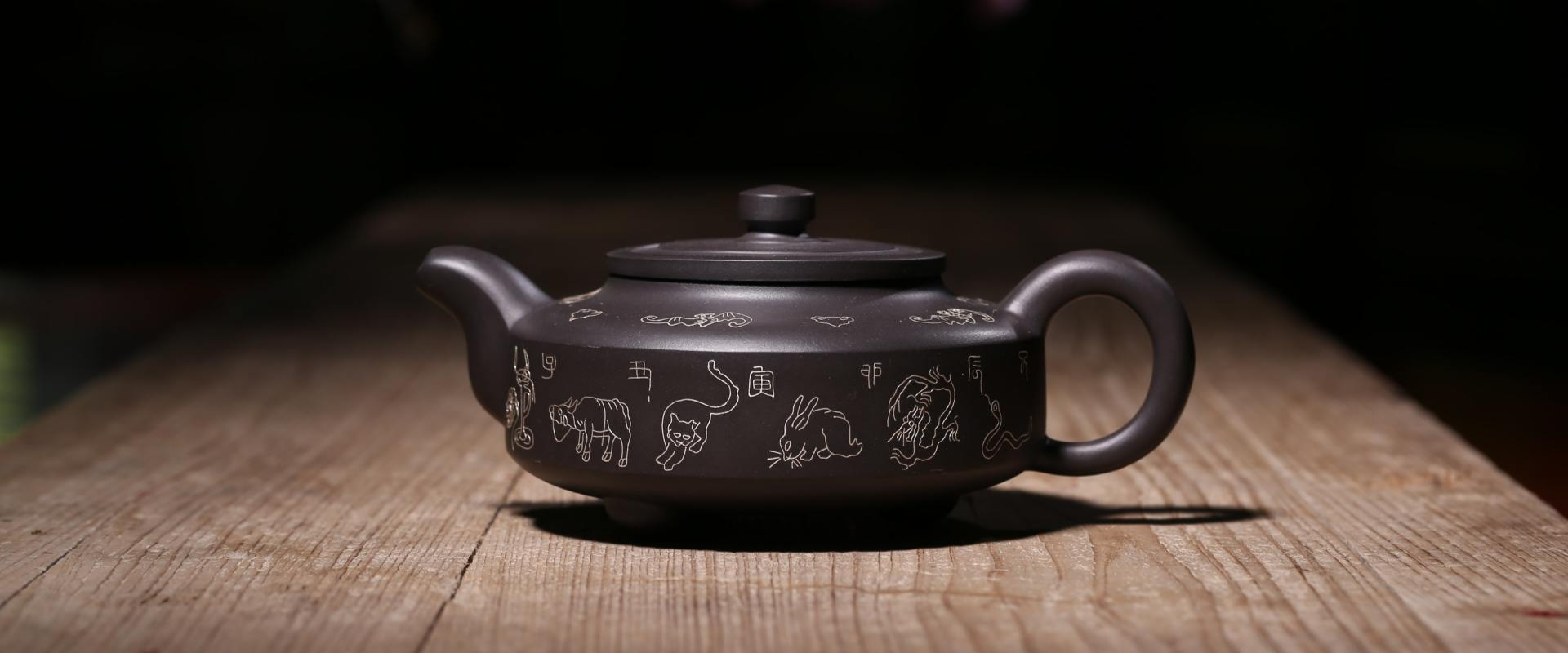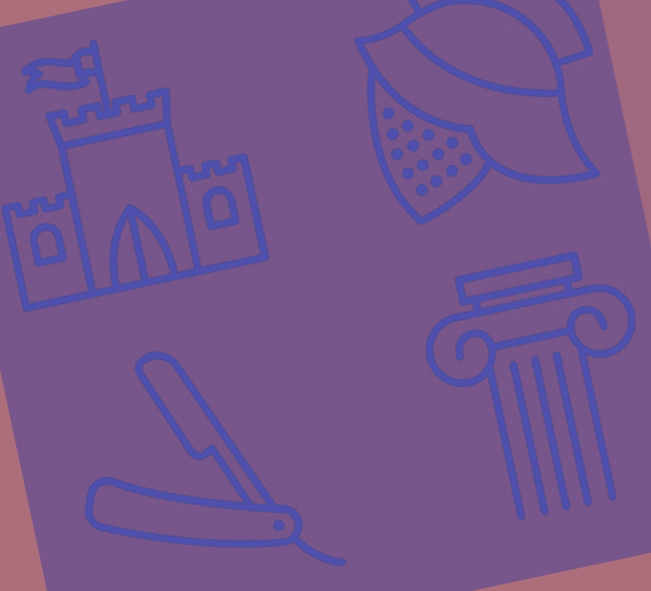HOW TO NATURALLY BOOST YOUR IMMUNE SYSTEM
HOW TO NATURALLY BOOST YOUR IMMUNE SYSTEM
A guide to keeping your body and mind in tip top condition - written for gruum.com
How to Naturally Boost your Immune SystemTo see this article as presented on gruum.com, just follow the link at the end!
Autumn has fast come to an end, but unfortunately we can’t hibernate like those lucky squirrels. To lessen that blow, we’ve put together a comprehensive guide so that you can take winter by the hand and enjoy its glistening frosty mornings, glorious celebrations and cosy evenings without falling prey to the sniffles and brain fog that can so often ruin things.
We’ll be covering things that can hinder your immune system and ways to improve your lifestyle to battle those hindrances. As well as this, we’ve put together a list of our favourite foods and supplements, so that you can give your immune system all the natural support it needs this season.
What is the immune system?
The immune system is not just a singular clan of brave immunity cells, sharpening their tools against an unknown enemy; the immune system is in fact a complex combination of organs, cells and proteins that all constantly contribute towards protecting your body.
These work together so stealthily, that though your immune system is constantly conspiring against and fighting off the enemy, you don’t even notice - until something goes wrong.
Autoimmune issues
Though this article is mainly here to cover winter related immunity attacks, it’s worth mentioning autoimmune issues. An autoimmune disease is basically when the immune system turns into a crushingly overprotective parent, and actually does more harm than good. It becomes extremely suspicious of things and perversely, your immune system begins to attack things in the body that really didn’t need attacking - thanks.
Some examples of autoimmune diseases are: psoriasis, eczema, IBS and allergies such as hayfever - to name a few. Though autoimmune conditions are different from falling prey to a cold or the flu, your body would definitely benefit from the same advice - autoimmune issues are often linked to stress (physical and mental) and things like psoriasis often seem to get worse in the winter months, so the lifestyle advice given applies to these issues as well.
Lifestyle issues... and how to tackle them
Here you’ll find all of the things that seem to get to us a little bit more as we prepare for the festive season, and a few tips on how to reach springtime without falling prey to them.
Wintry weather
Problem: The lack of daylight and extreme temperatures in the winter months means that the body is under a lot more pressure to keep everything regulated, and the immune system is no exception. As everyone’s immune systems are affected during these times, many more people will fall ill and this makes us all more likely to fall ill as well - classic illness domino effect.
Solution: It sounds pretty basic, but keep wrapped up and don’t go out with wet hair. Regulating your temperature yourself will take some of the strain off your system, and give it more of a chance to focus on defending your body.
Mental health
Problem:
Shorter days, colder months, leafless branches; this kind of environment can affect your mental health both chemically and emotionally. The general greying of our outside world can have a particularly adverse effect on your mental health - basically, winter is a bit depressing.
Though it often feels like your mind is just in its own little box in between your ears, your physical health and your mental health are superbly intertwined, which means that when you are feeling low, you are much more likely to feel physically unwell. At the same time, if you don’t look after yourself physically, you are much more likely to develop mental health issues.
“Many people with medically unexplained symptoms, such as tiredness, pain and heart palpitations, also have depression or anxiety.
Treating an associated psychological problem can often relieve the physical symptoms.” - NHS advice
Solution:
Add some vitamin D to your diet (you’ll find out more about this in the supplement section) and do nice things for your mind. Some people like to meditate, some prefer to exercise, some prefer to paint or cook. Whatever makes your brain feel at peace - it’s time to do some more of that.
Dehydration
Problem: In the winter months it’s all too tempting to just snuggle up with hot teas and coffees. But staying hydrated is just as important in the winter as it is in the summer, and tea and coffee are both diuretics (make you pee).
Solution: Try switching to caffeine-free herbal teas, or just topping up in between tea and coffee with glasses of water. Your body is a grape, not a raisin and you want to keep it that way.
Lack of movement
Problem:
It’s very easy to basically only move around when you have to be somewhere in the winter months, but it’s so important to remain active - for your mental and physical health.
Solution: Get in 15 minutes worth of exercise a day. Even if it’s just a headphone fuelled walk around your neighbourhood. Get the oxygen flowing and not only will you feel better mentally speaking, but your body will take in a much-needed deep breath as well. Exercise is great for the upkeep of your immune system; an unused car will just start to rust and break down, and your body is no different. It needs to be taken for a spin to ensure it doesn’t fall into disrepair.
Overworking/fatigue
Problem: The daily grind can really take it out of you mentally and physically speaking. Don’t forget to get enough sleep - you’re actually hugely more productive once you’ve had a good ol’ 7 hour slumber than you are when you’re riding the dark and imposing caffeine wave, with your wired thoughts crashing and falling all around you.
Solution:
Getting enough rest is vital to the recuperation of your body and mind. You need that glorious dream time for repairs, improving your motor skills, and the processing of events; so make sure you take the time to rest this winter and your immune system will run much more smoothly.
Excessive booze and things
Problem:
Another thing to keep an eye on is booze and things. These next couple of months are the pub and party months, and while that’s all well and good, just remember that alcohol is a depressant which doesn’t go crazy well with the already depressing nature of winter.
Solution:
There’s nothing wrong with getting merry, but make sure you give yourself breaks and drink a load of water (top tip - knock back 2 pints of water before bed after a very alcoholly night and your hangover will be massively reduced).
Supplements - give your immune system support
Having a more balanced lifestyle will have a hugely positive effect on your health, but if you’re looking for a little extra help in these darker than usual times, then here are our most recommended additions.
Daily immune boosters:
5 htp
- Helps your body to keep up it’s serotonin levels
L-theanine
- The thing you find in tea that makes you feel calm but alert; this helps you sleep and regulates your mood
Vitamin D
- Fights off those cloudy blues by investing in some chemical sunshine
Magnesium
- Joint pain often seems to get worse in the winter and adding some magnesium to your life is a great way to keep it in check.
Foods to boost your immune system
Ginger and Lemon
- A cup of hot lemon water with some fresh ginger sliced up in there can be a lovely addition flavour-wise, but is actually also a great immune booster. Add a bit of raw organic honey which has a number of antimicrobial and antibacterial properties for an even bigger boost.
Fermented foods
- Good for your gut, these foods support the good bacteria that keep your body feeling smashing. The good bacteria helps your immune system to stave off unwanted entities which can lead to various issues. This list includes:
Kimchi
- A Korean dish made from salted and fermented vegetables. Often seasoned with garlic, ginger and jeotgal. Very tasty, lasts for ages and can be made at home!
Kefir
- A bacteria rich fermented yoghurt drink. You can always make your own as well - you just need some kefir grains, some milk and a jar.
Pickles
- The kind that are fermented in water, in fact any vegetable that has been pickled naturally (i.e. not with vinegar) is great.
Sauerkraut
- This is a kind of pickled cabbage and can be found in most supermarkets.
Vitamin C rich foods
- Vitamin C is a top notch for your immune system, supporting you through the hard times, and helping your body recover more quickly when it takes a germy hit. It needs to come from an outside source as your body can’t produce it.
- Vitamin C can be found in various forms - the classic orange juice is always a winner, but there are actually a huge number of foods that provide vitamin C that are often overlooked. A single guava for example, can provide 140% of your recommended daily allowance, whereas an orange provides 70%. Other vitamin C rich foods are blackcurrants, Sweet yellow peppers, raw kale, kiwis, broccoli, and raw mustard spinach. (the list goes on, but I’ll stop there)
Immune boosting herbs
These should used for two weeks maximum at a time, and only when you’re feeling particularly under the weather - take a break in between as these are potent additions. Essential oils are particularly deceptive - a little goes a very long way, and taking too much for too long can be dangerous, so pay attention to recommended dosage. Always consult your doctor if you have any ongoing health issues. Stop taking immediately if you begin to feel adverse effects.
Echinacea
Increases the number of white blood cells which fight infections, helping you to recover more quickly.
Elderberry
With it’s antioxidant and antiviral effects, this potent berry will also speed up your recovery. Can be taken in various forms such as capsules or as a syrup drink. Most recommend dosing 4 times a day, for 3-5 days at most.
Garlic
Easy to work in to any recipe and known for its antioxidant, antimicrobial, antibiotic and antiviral properties. It’s also a natural decongestant, and, of course, it tastes delicious.
Clove
You’re probably fairly familiar with the festive scent of this spice. It’s commonly used as an analgesic in dentistry and has anti-inflammatory and antioxidant properties.
We’d always recommend checking out with your doctor if you’re planning on adding any of these natural immune boosters to your routine.
To view this article in it's full glory, click here




